Space Application Engineering Specialist (SAES)™
Learn about SAES program
- Length: 2 days
- Instructor led
- Online, onsite and Live online
Space Application Engineering Specialist (SAES)™
The Space Application Engineering Specialist (SAES)™ Certification, offered in collaboration by Tonex and IS4, is a comprehensive program designed to equip professionals with the essential skills and knowledge required for success in the dynamic field of space application engineering. This certification blends theoretical insights with hands-on practical training, ensuring participants are well-prepared to excel in the rapidly evolving space industry.
This certification equips participants with a profound understanding of space engineering principles, satellite communication, navigation systems, and hands-on experience with cutting-edge technologies. The course covers space system design, implementation, and problem-solving through real-world scenarios, ensuring participants gain practical insights. Aimed at professionals in aerospace engineering, telecommunications, and related fields, SAES™ provides a competitive edge in the rapidly evolving space industry.
Stay ahead of industry trends, enhance problem-solving skills, and contribute effectively to space projects with this certification, which blends theoretical knowledge with practical application, ensuring graduates are well-prepared for the challenges and opportunities in the dynamic realm of space application engineering.
Learning Objectives:
- Gain a deep understanding of space application engineering principles and concepts.
- Develop proficiency in designing and implementing space systems and applications.
- Acquire hands-on experience with cutting-edge technologies used in space applications.
- Master the complexities of satellite communication and navigation systems.
- Enhance problem-solving skills through real-world space engineering scenarios.
- Stay abreast of industry trends and innovations to contribute effectively to space projects.
Audience: This certification is ideal for professionals and aspiring experts in the fields of aerospace engineering, telecommunications, information technology, and related disciplines. It is tailored for individuals seeking to specialize in space application engineering and advance their careers in the space industry.
Course Outline:
Module 1: Introduction to Space Application Engineering
- Evolution of Space Engineering
- Key Principles of Space Application
- Overview of Space Industry Landscape
- Historical Milestones
- Regulatory Framework in Space Engineering
- Emerging Trends and Future Prospects
Module 2: Space Systems Design and Implementation
- Basics of Space System Design
- Components of Space Applications
- Integration Challenges and Solutions
- Testing and Validation Processes
- Prototyping and Model Development
- System Implementation Strategies
Module 3: Hands-on Technology Integration
- Satellite Technology Overview
- Spacecraft Subsystems Integration
- Practical Applications of Advanced Technologies
- Simulation Exercises in Space Engineering
- Laboratory Sessions on Technology Integration
- Real-world Challenges in Technology Implementation
Module 4: Satellite Communication and Navigation
- Satellite Communication Systems
- Navigation Principles in Space Engineering
- Antenna Systems and Signal Processing
- Emerging Communication Technologies
- Navigation Algorithms and Protocols
- Security Considerations in Satellite Communication
Module 5: Problem-Solving in Space Engineering
- Analytical Approaches to Space Engineering Challenges
- Case Studies in Space Project Failures and Successes
- Risk Assessment and Management
- Decision-Making in Critical Situations
- Collaborative Problem-Solving Techniques
- Practical Problem-Solving Simulations
Module 6: Industry Trends and Innovations
- Current Landscape of the Space Industry
- Emerging Technologies in Space Applications
- Innovations in Satellite Design and Launch
- Sustainable Practices in Space Engineering
- Collaborative Initiatives and Partnerships
- Futuristic Trends Shaping the Space Industry
Certification Preparation:
- Certification Requirements
- Key Areas of Knowledge
- Study Materials and Resources
- Practical Applications and Case Studies
- Exam Strategies and Tips
Exam Domains:
Fundamentals of Space Engineering:
- Orbital Mechanics
- Spacecraft Subsystems
- Launch Vehicles
- Space Mission Design
Satellite Systems and Applications:
- Satellite Communication Systems
- Remote Sensing Technologies
- Satellite Navigation Systems
- Earth Observation Applications
Spacecraft Design and Development:
- Systems Engineering Processes
- Spacecraft Design Considerations
- Testing and Verification
- Integration and Operations
Space Policy and Regulations:
- International Space Law
- National Space Policies
- Regulatory Bodies and Compliance
- Ethics in Space Exploration
Question Types:
- Multiple Choice Questions (MCQs)
- True/False Statements
- Fill in the Blanks
- Short Answer Questions
- Case Studies/Scenario-based Questions
Passing Criteria:
- To pass the exam, candidates must achieve a minimum score of 70%.
- Each domain carries equal weight in determining the final score.
- Candidates must demonstrate competency across all domains to pass.
Need help? Contact us
